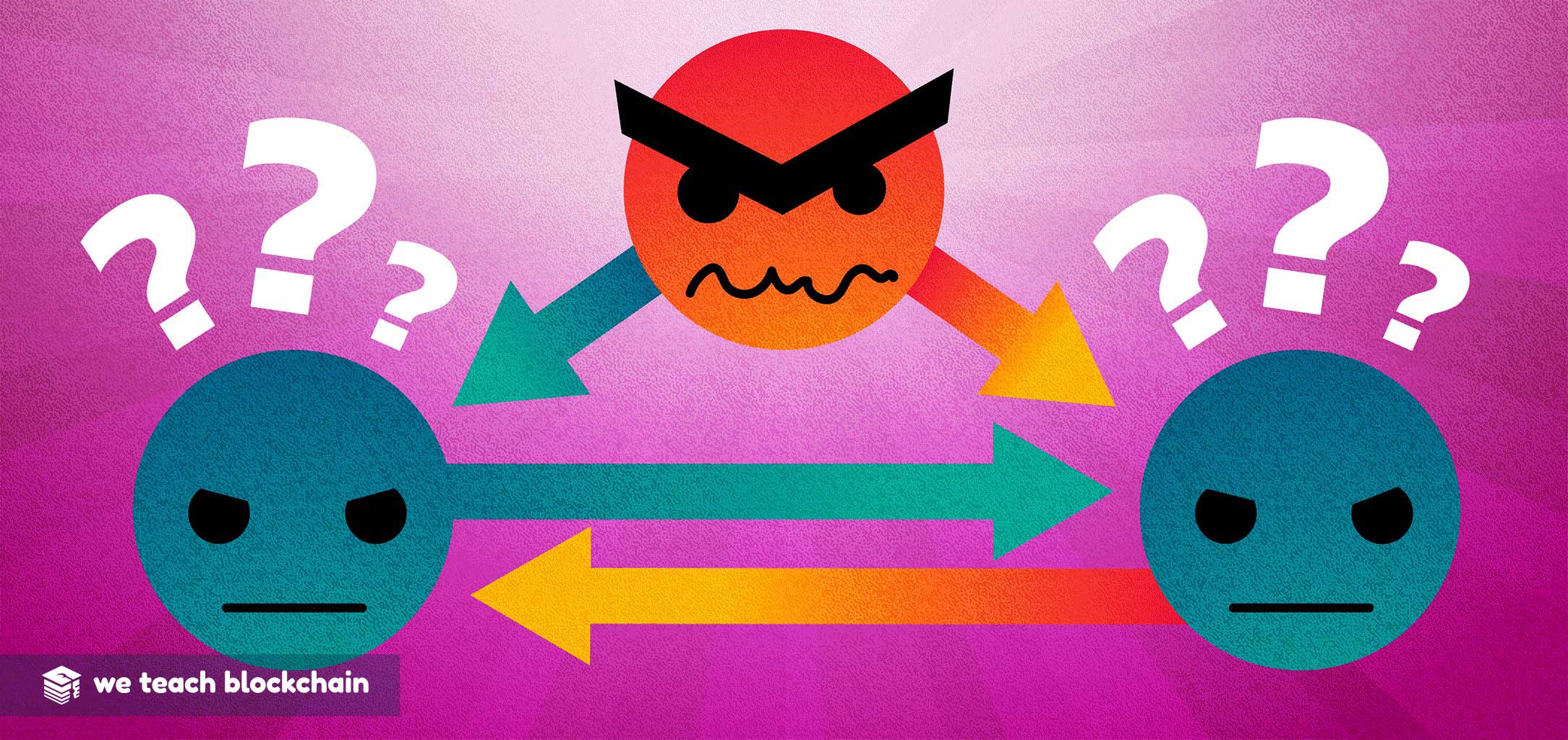The Byzantine Generals’ Problem is a classic problem faced by any distributed computer system network. It addresses the question of how a distributed computer network can reach a reliable consensus even when some of the nodes (computers) on the network may attempt to pass along fraudulent information. The internet has opened up many new avenues for commerce and education, but how can we trust a random person across the world?
THE SCENARIO:
Imagine that the powerful Byzantine Empire has decided to capture a city. Of course, there is fierce resistance from within the city. The Byzantine Army has completely encircled the city. A good strategy, however, this has separated the Byzantine army into separate encampments. In order to ensure that the army can surround the city, the army has to split up into groups led by different generals. It now has many divisions with each division being commanded by its own general. The generals communicate between each as well as between all under their command within their division only through messengers. How can the generals efficiently and accurately communicate without fear of their message or plans being compromised by a spy?



In the computer science world, this problem refers to the possibility of having to cope with the failure of some of the components (nodes/the generals) in the system, and if the network can maintain resilience when faced with this issue. If a problem with a node arises, the whole network will NOT grind to a halt. Rather, blocks will continue to be produced as normal. This term is used frequently in the blockchain world as it refers to the problem of reaching consensus in a public blockchain, where not all parties can be assumed to be trustworthy.




